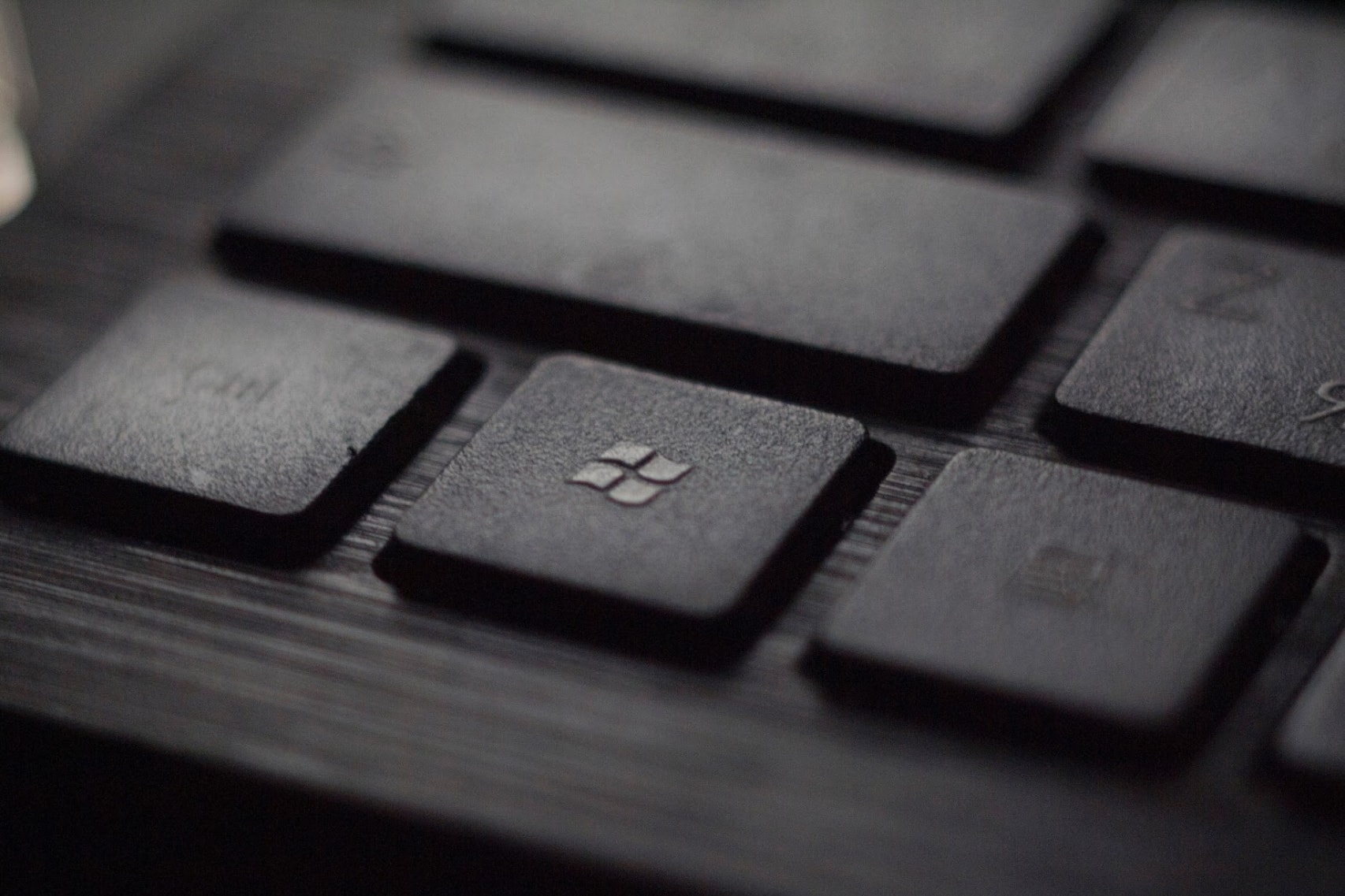Microsoft is making headway in the blockchain industry with new developments and partnerships.
On October 30, 2018, the software giant announced that they will be partnering with Nasdaq to create a blockchain system that’s beneficial for Nasdaq customers. The partnership will bring forth the integration of Microsoft’s Azure Blockchain Services with Nasdaq’s Financial Framework (NFF).
Magnus Haglind, the Senior Vice President and Head of Product Management for Nasdaq’s market technology business, said in a press release:
Our capital markets industry is evolving faster than ever with the advent and advancement of cloud, blockchain, machine intelligence and others. Key players in the industry are looking to these technologies to explore how they can become more effective and efficient, but also gain competitive advantage.
Microsoft and Nasdaq’s collaboration is aimed at keeping them both at the leading edge of financial technology. Together, these companies will work to develop a “ledger agnostic blockchain capability” that supports the operability between multiple ledgers.
The creation of this blockchain product will help Nasdaq customers by making it easier to connect buyers and sellers, facilitating better management of delivery, and streamlining the payment and settlement of transactions.
The integration of the Microsoft Azure Blockchain with the Nasdaq Financial Framework will allow NFF customers to use different blockchains through a single interface. NFF believes this will help customers use blockchain technology by removing some of the projects’ complexities and thus accelerate the use of blockchain technology.
Additionally, Tom Fay, the Senior Vice President of Enterprise Architecture at Nasdaq, said:
Our NFF integration with their blockchain services provides a layer of abstraction, making our offering ledger-agnostic, secure, highly scalable, and ultimately helps us continue to explore a much broader range of customer use cases for blockchain… As more industries move towards capital markets technology and structures, we see the potential for blockchain to provide value in secure, frictionless and instantaneous matching of buyers and sellers.
Microsoft Makes More Moves into Blockchain

In addition to the the major blockchain collaboration between Microsoft and Nasdaq, Microsoft is making more developments on the sidelines.
Pierre Rochard, an independent Bitcoin advisor to institutional investors, has developed a plug-in for Microsoft Excel that enables users to make direct Bitcoin payments. The plug-in will use the Lighting Network (LN) to facilitate payments with Bitcoin.
Neutrino’s Capabilities
Rochard’s plugi-n that facilitates Bitcoin payments with Excel is called Neutrino. Reportedly, Neutrino connects with the Lightning Network, which allows Bitcoin payments to be made directly through Excel.
Rochard announced his Neutrino Excel plugin on Twitter:
The LND node software now runs from *within* the Excel plugin. With neutrino, that means that a Windows + Excel user can be making and receiving LN payments with a few clicks. https://t.co/qeP2dCJSqp
— Pierre Rochard [⚡️] (@pierre_rochard) October 24, 2018
The Lightning Network
For those of you that don’t know, the Lightning Network (LN) is a second-layer scaling solution that helps make Bitcoin payments significantly faster. The LN is still under development and not very user-friendly as of yet.
However, Rochard’s Neutrino plug-in does not require users to run a full node in order to facilitate LN Bitcoin transactions on Excel. Instead, the plug-in utilizes the “Lightning Network Daemon (LND) which was released in beta version 0.5.”
While Excel users wishing to make payments do not need to run a full node, it has been reported that the payment solution is still “an impractical solution,” even for “highly technical users.”
It is worth bearing in mind, however, that Rochard had mentioned to his followers that the project is still in early development. Therefore, we can expect to see improvements as the LN matures and Rochard refines his product.
The public release of the Neutrino payments plug-in is expected to happen very soon, perhaps at the end of this month.

